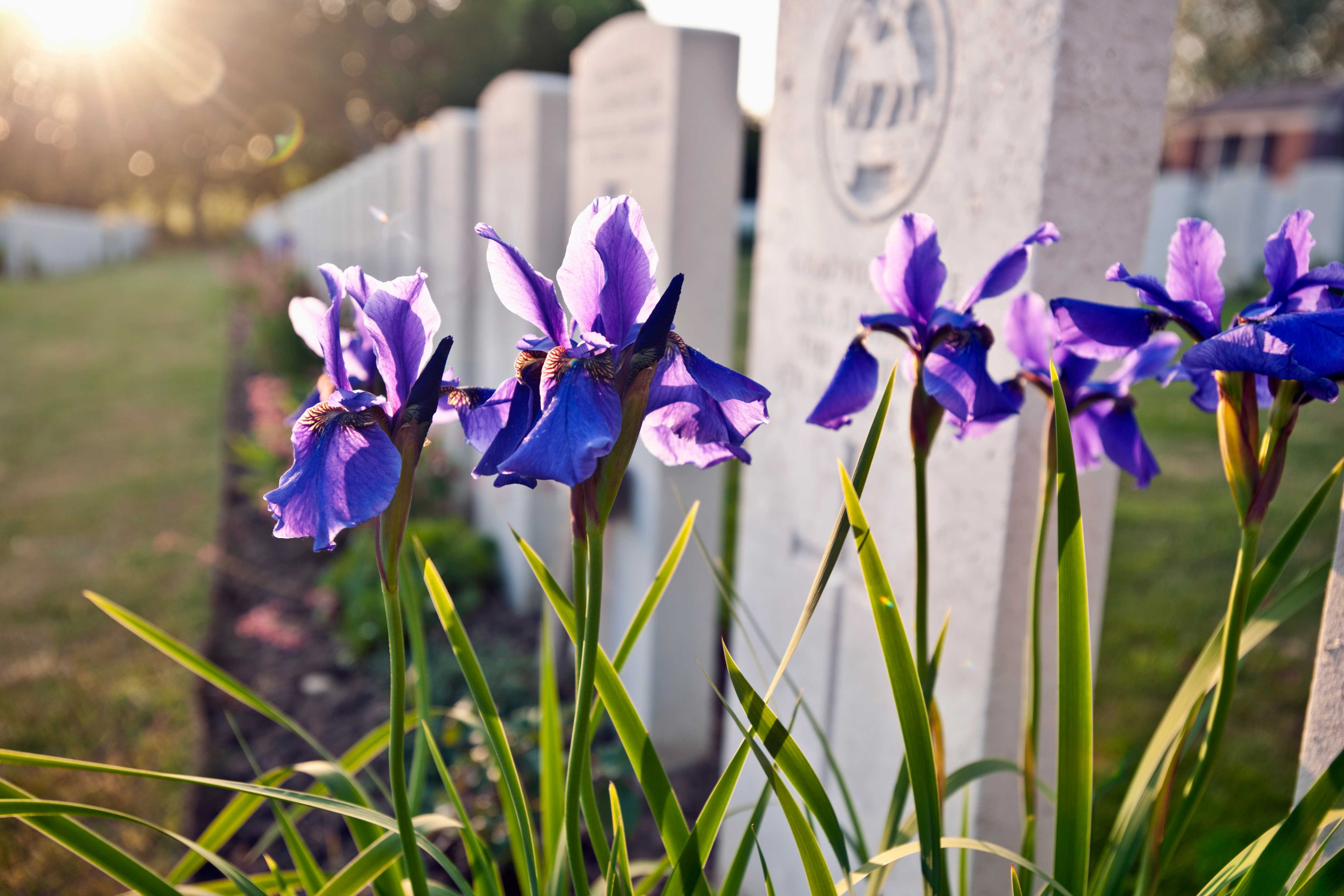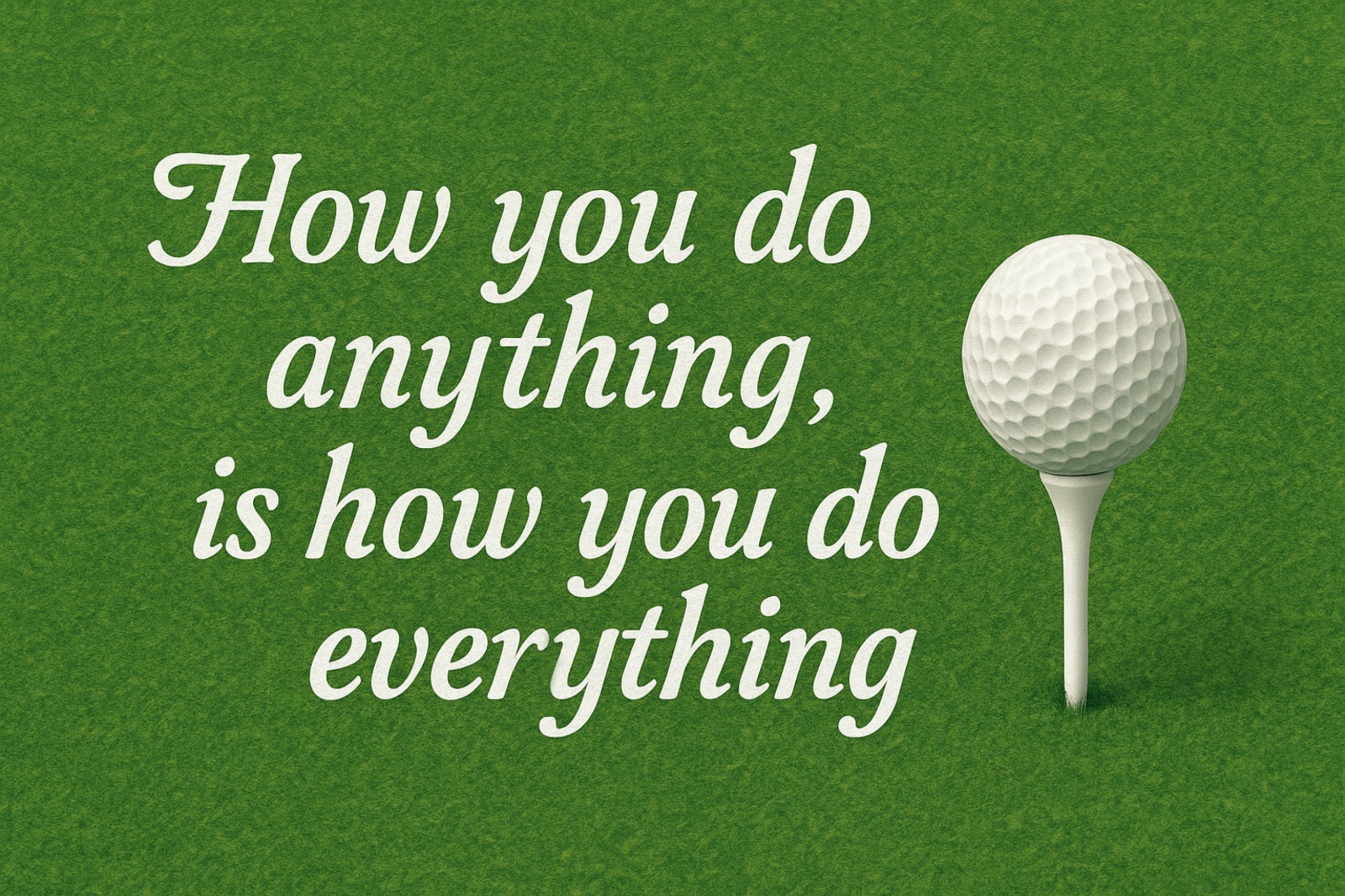This week, I attended the funeral and celebration of life for a man I knew for my entire professional career. He was sharp, and still texting me, until the day he became an angel after a short decline due to prostate cancer. He had been the CEO of multiple huge companies and an advisor to countless others.
The most meaningful comments were made by several of his adult grandchildren at the celebration of life luncheon.
One granddaughter recounted the annual conversation with her grandfather during which he asked her what her goals and wishes were. Things like: What do you want to do? Where do you want to live? What do you want to spend your time on? He asked the same questions each time and recorded them in a notebook each year and when she graduated from high school, he presented them to her. He had begun the conversations with her when she was 5 or 6 years old, and they had an incredibly meaningful conversation when she was about to graduate to see how many goals and aspirations had changed and how many had been consistent throughout her young life. She shared how much she treasured the interest he took in her and how those conversations shaped her life.
One grandson got up and let us all know that he was gay and how challenging it was to tell his family members. He finally came out when he was in high school. But he had not told his grandparents. After his graduation, his grandpa pulled him aside and told him that he understands that he is gay, and he wanted him to know that he and loved him unconditionally no matter what his lifestyle was.
Another granddaughter talked about the texts she would get from her grandpa and how curious about current events and trends he was. Even though he was in his 90s, he reached out to her recently to ask about “AI” (artificial intelligence) and what she knew about it.
As I left the memorial, I couldn’t help but think about my relationships with my own children and my grandson and that of my partner Jack’s family.
Is it possible to think in advance about the legacy you want to leave?
Many of us have heard the saying that on one’s deathbed, no one ever said, “I wish I had worked more hours, or attended more meetings.”
As usually happens at a funeral, I learned about the many dimensions of my friend. During the comments, I learned of his deep Catholic faith, his adventurous physical spirit (as one son-in-law recounted their white river rafting trips), his unique relationships with each of his grandchildren and children and his innate and constant curiosity about everything.
In the hectic pace of life we all live, it is good to take a pause and consider Stephen Covey’s habit: “Start with the end in mind.”
Your grandkids (or kids) may not appreciate your request for one-on-one time now, when they are young, but they surely will be appreciative when they are older. Your employees may not appreciate your honest feedback on how they can grow professionally, but they surely will thank you when they are further down the road. And your life partner may thank you later when you are honest about your feelings (even if that means you tell them you want to separate).
I encourage you to take some time this weekend to think about how you want to be remembered. What feels good to you and what choices do you make with your time. I know for me; my family and friends are very important, and I devote much time to staying connected with them. What about you?
What’s important to you, and how do you want to be remembered?
Onward and upward,

If you’re enjoying what you’re reading, please consider recommending it to others. They can sign up here





